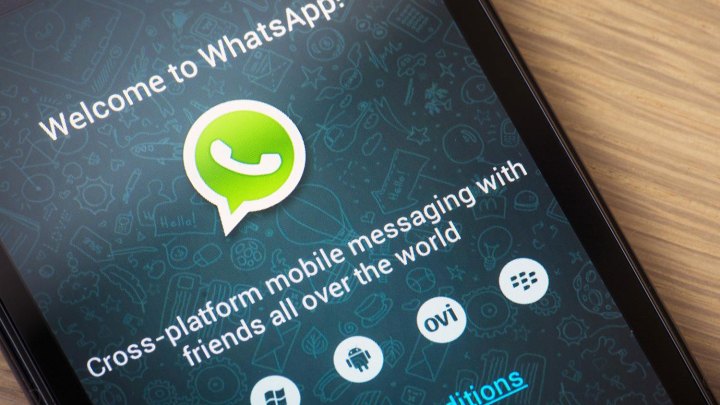
Although WhatsApp was not accessible for some users, it’s unclear whether that was due to government interference or the worldwide problems plaguing that particular app.
Social media in general, and messaging services in particular, are quite popular and widely used in Afghanistan. Images of the letter quickly popped up on various sites around the world, prompting outcry from civil rights groups.
Shahzad Aryobee, acting minister for telecommunications, posted a Facebook message claiming that the telecom regulator ATRA was merely upgrading its service with gradual blocks on the two services, citing complaints about inefficiency. “The government is committed to freedom of speech and knows that it is a basic civil right for our people,” he said.
The announcement prompted the telecom regulator to issue another statement Friday, according to Voice of America, saying the ban was needed to test and implement “a new kind of technology” to address citizens’ complaints. Unconfirmed media reports placed the blame on the National Directorate for Security, as a response to the increase of encrypted messaging services by the Taliban and other insurgent groups.
Since the 2001 U.S. invasion of the country, mobile phone service has exploded in Afghanistan, although there are frequent complaints about reliability and signal strength. More than six million Afghanis can access the internet, mostly in the larger cities. Even Afghan politicians regularly use popular services such as WhatsApp, Messenger, and Viber.
On the other hand, groups like the Taliban, who have their own sophisticated social media presence and encrypted messaging systems, also regularly communicate online in plots against the government or U.S. forces.
Speaking to the BBC, newspaper editor Parwiz Kawa said the country was not about to slip backwards by blocking social apps after finally achieving an open society. “The public reaction — including our own front page — is to resist,” he said. “We can’t tolerate any ban on social media or any censorship.”
The outage may be having some effect, however. Last week, a Taliban spokesman wrote to reporters and gave them his Viber number “in case WhatsApp is not working.”
Editors' Recommendations
- Are WhatsApp and Facebook down? Here’s what you need to know
- Facebook’s massive outage saw millions sign up for rival apps
- You’re probably seeing more social media propaganda, but don’t blame the bots


